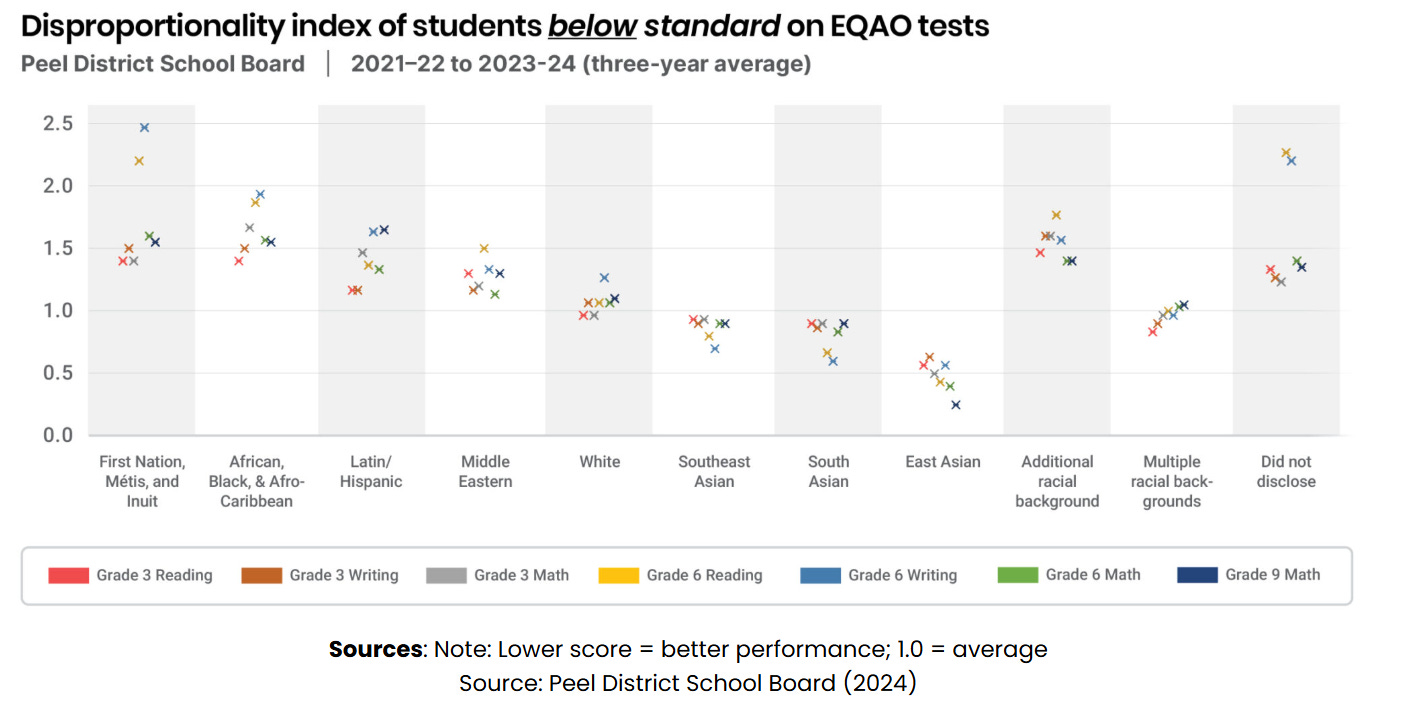Are Ontario schools “systemically racist?” Research says otherwise
A new report from the Aristotle Foundation for Public Policy challenges the Ontario Human Rights Commission’s claim that systemic anti-black racism is embedded in Ontario’s schools.
By Melanie Bennet
A new report from the Aristotle Foundation for Public Policy challenges the Ontario Human Rights Commission’s claim that systemic anti-black racism is embedded in Ontario’s schools.
The Commission released its action plan in March last year, arguing that laws, policies, and practices in public education perpetuate prejudice and discrimination. It cited examples of slavery, poverty statistics, hate crime numbers, and student accounts of racist incidents as proof that systemic racism continues today.
Matthew Lau, a financial analyst and senior fellow at the Aristotle Foundation, reviewed the action plan and concluded that the evidence was weak and confused individual acts of racism with systemic discrimination.
“Incidents of racism warrant condemnation, and efforts should be made to reduce them,” Lau said. “But it is important to differentiate between systemic versus individual acts of racist discrimination.”
The study states that slavery was abolished in Canada in 1834, and that other groups who endured serious state-sanctioned injustices, such as Chinese Canadians who paid the head tax and Japanese Canadians who were placed in internment camps, now often earn more than white Canadians. According to Lau, historical injustices do not prove that racism is systemic in schools today.
Lau notes that school board data contradict the OHRC’s narrative. Results from Peel District School Board and Waterloo Catholic District School Board show that East Asian, South Asian, Southeast Asian, and Latin students frequently outperform white students on standardized tests.
If better average outcomes for some groups are not proof of systemic advantage, Lau argues, then worse outcomes for others cannot be taken as proof of systemic discrimination.
The report adds that while racial slurs or threats from individual students or staff are unacceptable, they are not evidence of policies or structures that systematically discriminate against target groups.
Lau says that many policies in Ontario’s schools are designed to provide extra support to black students, such as Toronto’s Centre of Excellence for Black Student Achievement.
The study highlights what Lau calls a “missing recommendation” in the OHRC’s plan—school choice. “If Ontario’s government-run education system is systemically racist, as the OHRC claims, the obvious solution would be to give parents more choice and more access to alternatives to the government-run system,” he writes.
The Aristotle Foundation’s study concludes that the OHRC relies too heavily on statistical disparities and history to make sweeping claims of systemic racism, without presenting clear evidence of policies that disadvantage black Canadian students today.






Of coarse OHRC says schools are racists they arn't hardly a white person there..!!!
The "education" system is openly racist against Whites and Europeans.
Very hostile toward Canadian traditions and customs of the past 158 years.